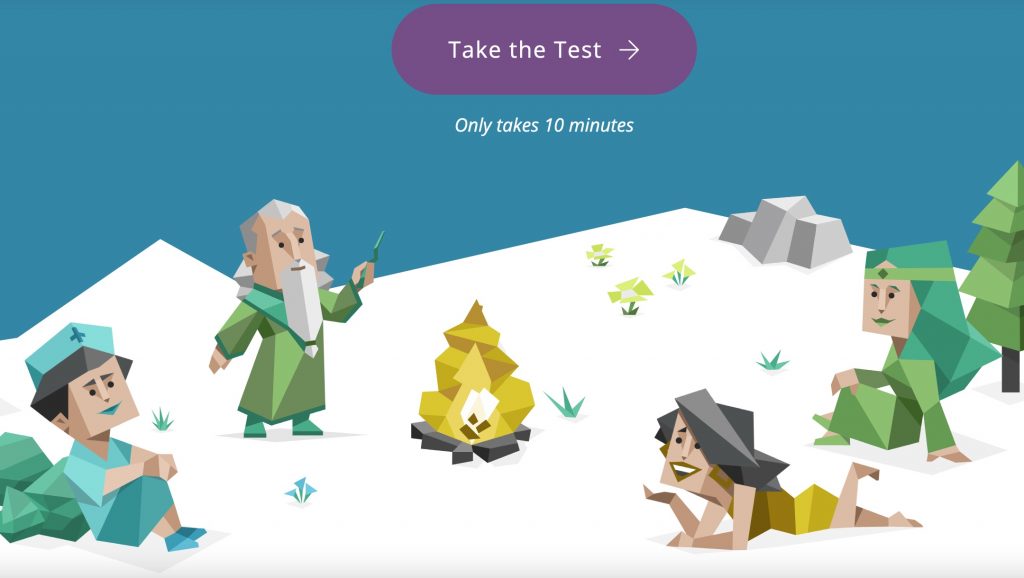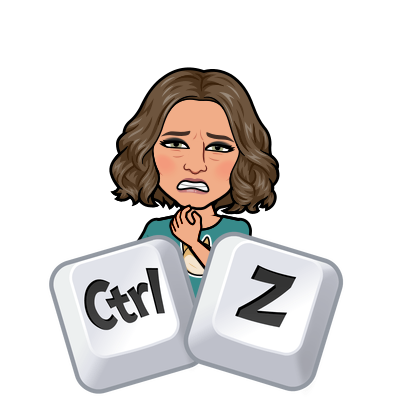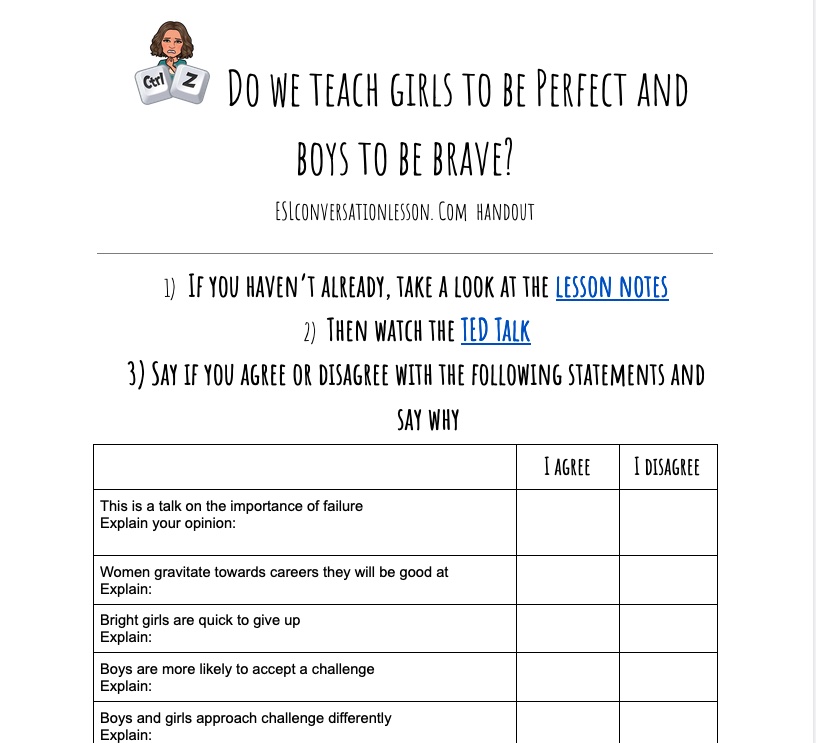It’s fall and the viruses are running amok. As I type these lines, I am sitting in bed, with my weekend pj’s, a box of tissues and a cup of tea at arm’s length…humph! What are my symptoms you ask? I am sneezing, I have a runny nose, I have a dry cough, I feel tired and I am congested. All expressions we only use once in a while but are crucial for a second language speaker to have.
When my daughter was three, she woke up looking pale and feeling awful. As the day went by, she started running a small fever. Normally I would have given her some acetaminophen and kept her quiet. But when my little teary girl put her hands around her collar and told me that her neck hurt, I immediately thought of meningitis. I went into full mommy panic mode and no sooner had I put her little coat on than we were in the emergency room. Once we saw the doctor, he deduced that “neck” meant throat in her language. She did not have meningitis, but just a bad cold. My point is, words matter, especially when talking about your health.
Lessons introducing health vocabulary can be interesting because you can pack a lot into them. Given it is a familiar subject in our first language, the task really boils down to having English equivalent to words your students already know–which can feel really satisfying. But if you add some role-playing, you can review yes/no questions, give treatment advice with verbs in the simple present and even learn a thing or two about which symptoms can considered serious or not.
If you are looking for a first-language site to use as a reference or even a role-play launch pad, check out some of my favourite go-tos…
- Pharma giant Pfizer has a nice little reference sheet that can be used for a role-play Q&A.
- WebMD has symptom checker that can be interesting to play around with
- And for advice and recommendations, WebMD has a nice article all headed with verbs.
- WebMD also has a simple article on home remedies “that work”








